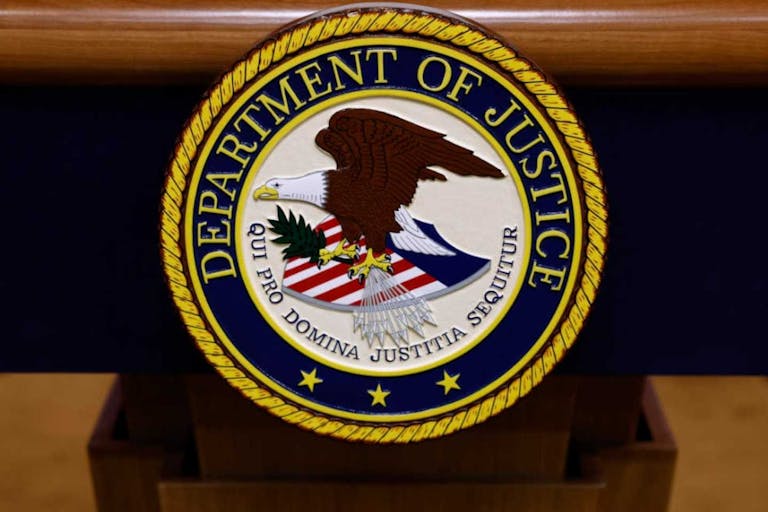
DOJ reverses Biden-era rule that allowed VA to commit abortions
Nancy Flanders
·
Jacqueline had two abortions: ‘I felt more than broken – I felt destroyed’
(Sarah Terzo – Substack) Jacqueline Middler had two abortions and deeply regretted them. She wrote her book, White Stick, to tell her abortion story. (All quotations below are from this book.)
Middler became pregnant during her first year of college. She didn’t know what to do but was leaning towards choosing life. Then she spoke to a friend who’d had an abortion.
The friend said there were many things Middler wouldn’t be able to do if she had a baby. She wouldn’t finish college, she would lose her scholarship, and her boyfriend, whom she wanted to marry, would break up with her.
Middler said, “But I can’t kill my baby.” (p. 30)
The friend told her there was no baby, only cells. Middler writes, “Finally, words that comforted me. I wouldn’t be killing a baby – just a group of cells.” (p. 31)
The fetal development information below is from The Endowment for Human Development, a nonreligious site not affiliated with the pro-life movement, and National Geographic’s DVD The Biology of Human Development, which can be purchased here.
Midler didn’t know that a preborn baby’s heart is beating at 21 days, and some scientists think it starts even earlier. She didn’t know that a child in the womb was already right or left-handed at eight weeks, or that by 10 weeks the baby has fingerprints and sucks her thumb.

Middler had doubts, but she silenced them. If she had an abortion, she reasoned, no one would ever know. She could continue with her life as if nothing had happened.
When Middler told her parents of her decision, they said they didn’t agree, but they would support her choice. Middler recalls wishing they would step in and forbid her from having an abortion, or at least give her more direction. But the full burden of the choice was placed on her shoulders.
Middler says, “[I] had already hardened my heart… Once I made the decision, I never wavered. I became like a soldier going to battle, determined to win and get my life back on track.” (p. 32)
In boot camp, military recruits are taught to put their feelings about killing aside. The natural resistance to killing human beings is broken down. (I wrote about this in my article on Vietnam War atrocities and military training.)
Whether in abortion or through war, it isn’t human nature to kill. People must suppress their instincts and harden their hearts to do so.
Middler bled after the abortion. She began to see her abortion as killing a baby:
[M]y constant pain and blood loss reminded me of what I had done. Within the discharge from my body were pieces of tissue, and I wondered what part of my baby they represented. (p. 42)
Article continues below
Dear Reader,
In 2026, Live Action is heading straight where the battle is fiercest: college campuses.
We have a bold initiative to establish 100 Live Action campus chapters within the next year, and your partnership will make it a success!
Your support today will help train and equip young leaders, bring Live Action’s educational content into academic environments, host on-campus events and debates, and empower students to challenge the pro-abortion status quo with truth and compassion.
Invest in pro-life grassroots outreach and cultural formation with your DOUBLED year-end gift!
She suffered emotionally and became addicted to drugs and alcohol:
I cried so much. I had hoped to never think about my choice again, but now I thought about it every second of every day.
I couldn’t share these thoughts with anyone… As the ugly head of my grief and pain came roaring up to crush me, I beat it back down into the small place in my heart where I let it reign. If the noise got too loud, I reached for drugs or alcohol to quiet the pain.
Outwardly, I looked the same… But inwardly I struggled to process the shame and guilt. Somehow, I finished the term and began packing for home.
As I stepped aboard that plane, I was not the same girl who had come to school. My inner being was broken, hardened, and numbed by my choices and my drug use…By taking my baby’s life, some of my own life had died too. (pp. 42-43)
Middler became extremely promiscuous after her abortion, going to parties, drinking and drugging, and going home with various men.
At one point, she managed to stay sober for several months, only to find out she was pregnant again. She “celebrated” her decision to have another abortion by drinking again. She got mindlessly drunk and used marijuana.
At the time, she thought that the heavy drinking and drugs had damaged her baby. She says she “didn’t want the baby to suffer in this life with physical deformities or mental incapacities, so ending his or her life before it started seemed like a good thing to do.” (pp. 52-53).
Years later, she would admit to herself:
These thoughts had nothing to do with the baby’s well-being but had everything to do with my own selfish desires not to be inconvenienced by a damaged baby.
I knew my life would forever be tied to this baby’s father as well. I knew he would want to be part of the baby’s life. But I knew I did not want to be tied to any one person. I’d grown too numb to think of anyone but myself. (p. 53)
Things got even worse for her after the second abortion. She says, “I felt more than broken – I felt destroyed. In this dark place, I could see no light, no hope.”…
Continue reading entire article here.
Editor’s Note: This article was originally published at Sarah Terzo’s Substack and is reprinted here with permission.
Live Action News is pro-life news and commentary from a pro-life perspective.
Contact editor@liveaction.org for questions, corrections, or if you are seeking permission to reprint any Live Action News content.
Guest Articles: To submit a guest article to Live Action News, email editor@liveaction.org with an attached Word document of 800-1000 words. Please also attach any photos relevant to your submission if applicable. If your submission is accepted for publication, you will be notified within three weeks. Guest articles are not compensated (see our Open License Agreement). Thank you for your interest in Live Action News!

Nancy Flanders
·
Politics
Right to Life UK
·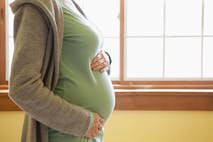
Guest Column
Unplanned Stories
·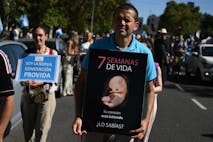
Guest Column
Rai Rojas
·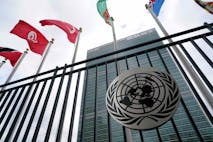
Guest Column
Stefano Gennarini, J.D.
·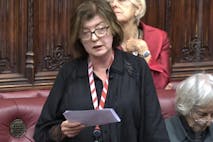
Guest Column
Right to Life UK
·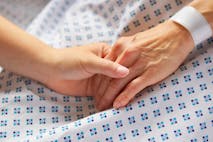
Guest Column
Sarah Terzo
·
Abortion Pill
Sarah Terzo
·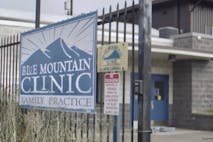
Guest Column
Sarah Terzo
·
Guest Column
Sarah Terzo
·
Guest Column
Sarah Terzo
·